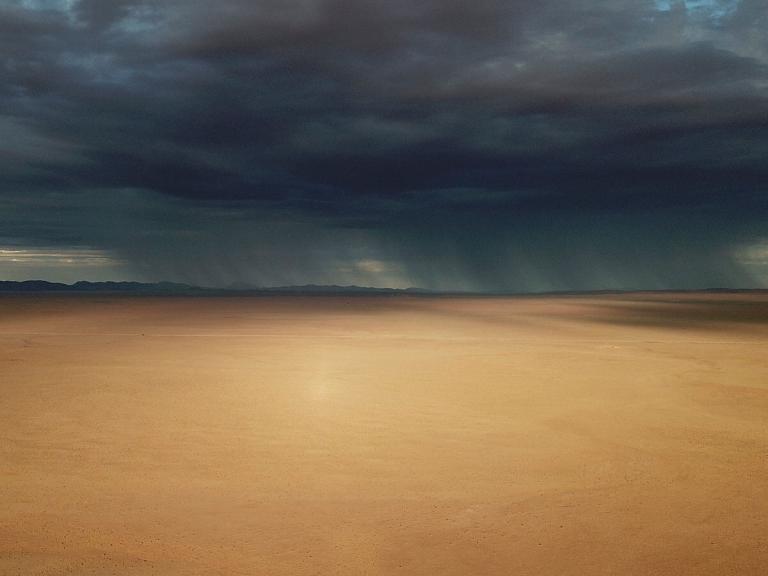
Saudi Arabia was experiencing a dry spell when its king, King Salman bin Abdulaziz Al Saud, told the people of Saudi Arabia to “supplicate Allah almighty” and to repent. He released an official order, and within 24 hours, a flash flood hit the cities of Jeddah, Rabigh, and Khulais, washing cars off the roads and forcing schools to shut down. Social media was filled with videos of waves of water several feet high rushing the roads. Jeddah recorded over 7 inches of rain in 10 hours. It was the highest recorded amount of rainfall since devastating floods killed dozens of people in 2009. Many residents are now expressing concern about compensation for ruined vehicles that have been washed away or are filled with mud. The flooding was so bad that the road to Mecca had to be closed. Two people have also died.
A prayer for rain (called an istisqa) is not uncommon in Islam, in fact, it can be found in the Qur’an. According to the Osul Global Center, “The prayer for rain consists of two rak’ahs, similar to Eid prayer. In the first rak’ah, and after the takbeer (glorification), Allah-u akbar, and the opening supplication, takbeer is repeated seven more times, after that, al-Fatihah and another surah are recited. In the second rak[ah the same takbeer is repeated five times other than the takbeer for standing up from sujood before reciting al-Fatihah.” King Salman has had the people pray for rain in the past as well, though not with such immediate and devastating results.
The flood itself is reminiscent of two Biblical events- the flood of Noah and Elijah’s prayer for rain. Noah’s flood is recounted in Genesis 6, with God flooding the entire world for wickedness. The story of the prophet Elijah is found in 1 Kings. In 1 Kings 17, God states that the land will experience a severe drought that ends up lasting three years. In 1 Kings 18:41-46, Elijah prays for a return of the rain. In this case, the return of the rain works as both a blessing and curse as a severe storm occurs. God used the rain as a judgment against King Ahab of the Northern kingdom of Israel. While no one has declared this recent storm as an act of God’s retribution against King Salman, he has been under scrutiny since the 2018 murder of Washington Post journalist Jamal Khashoggi. King Salman’s son, Prince Mohammed bin Salman, has been scrutinized over the slaying but has recently been granted immunity by the Biden administration. Saudi Arabia has also been criticized for a number of human rights violations, including its treatment of women’s rights activists, Yemen airstrikes, and mistreatment of migrant workers.


